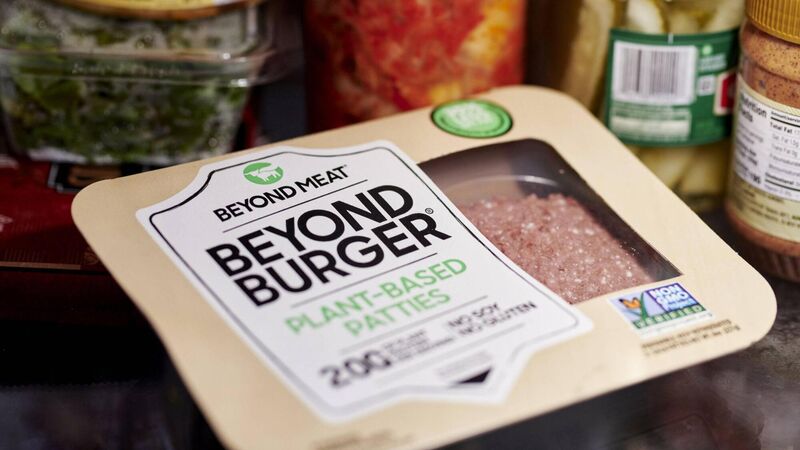John Whelan: Vegan meat alternatives already out of vogue before latest EU push

The once global leader in the alternative-meat business, Beyond Meat, is cutting jobs in the US and the EU, and has closed its once lucrative business in the vast China market. Picture: Gabby Jones/Bloomberg
A coalition of EU states, including food heavyweights like France, Spain, Italy, and Ireland last month renewed their push to have the European Commission ban the use of traditional meat names for plant-based substitute products.
The push came at the European Parliament’s agriculture committee meeting which voted to prohibit the use of terms like ‘burgers’ and ‘sausages’ on vegan alternatives, paving the way for an EU-wide ban.











